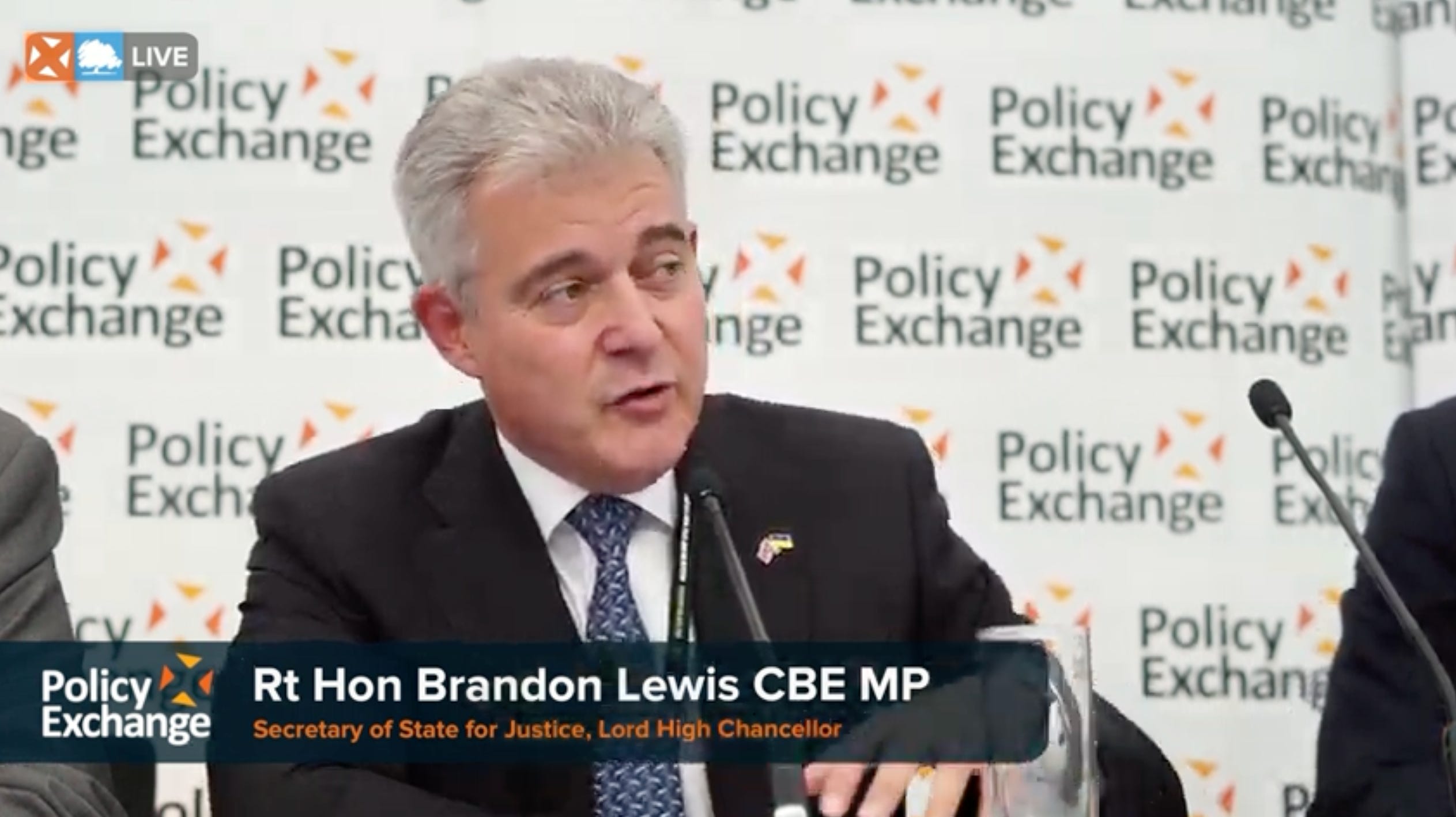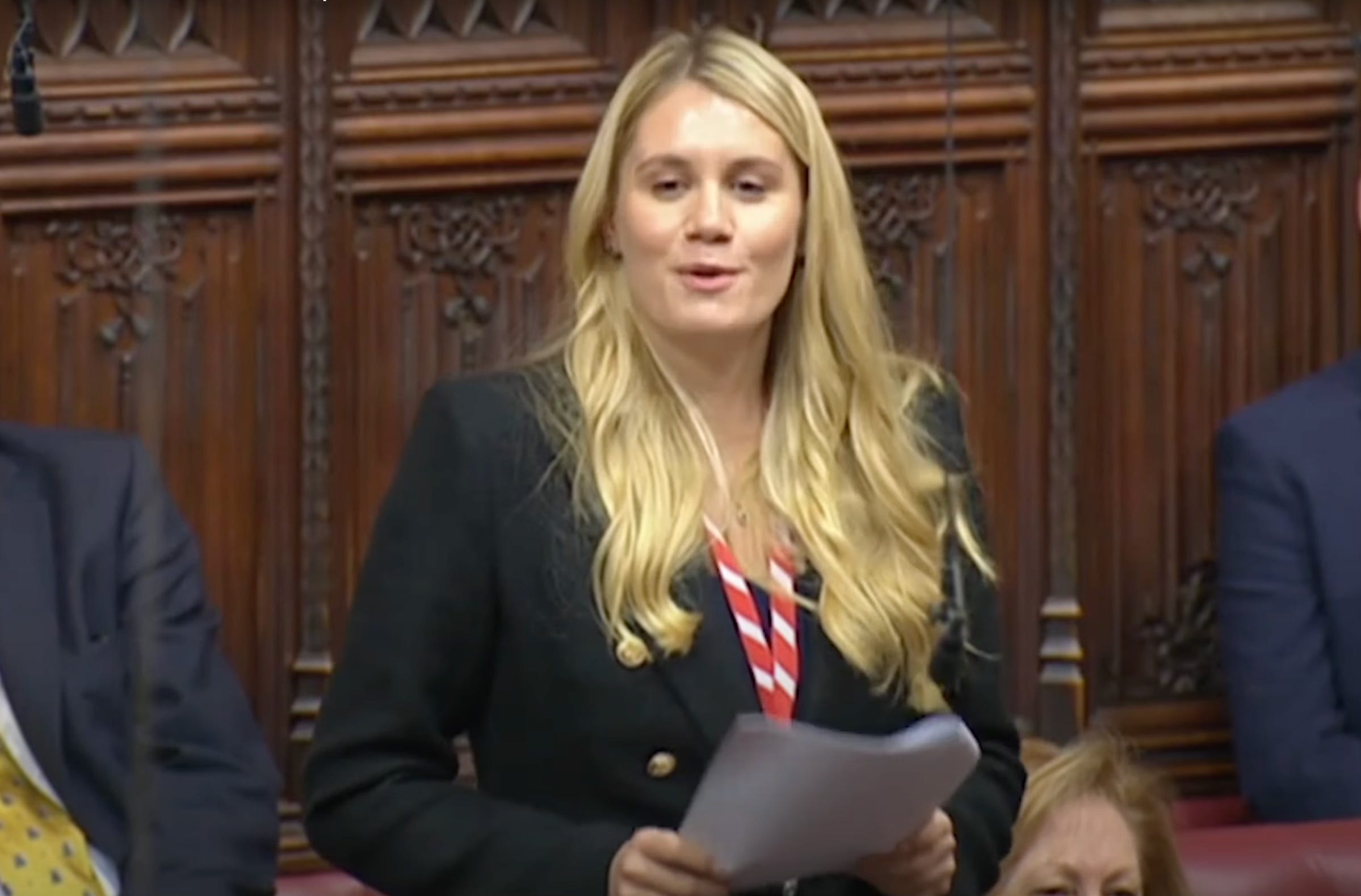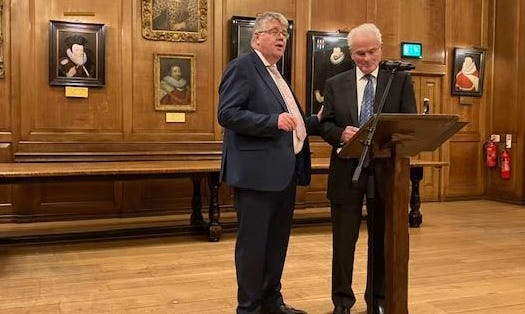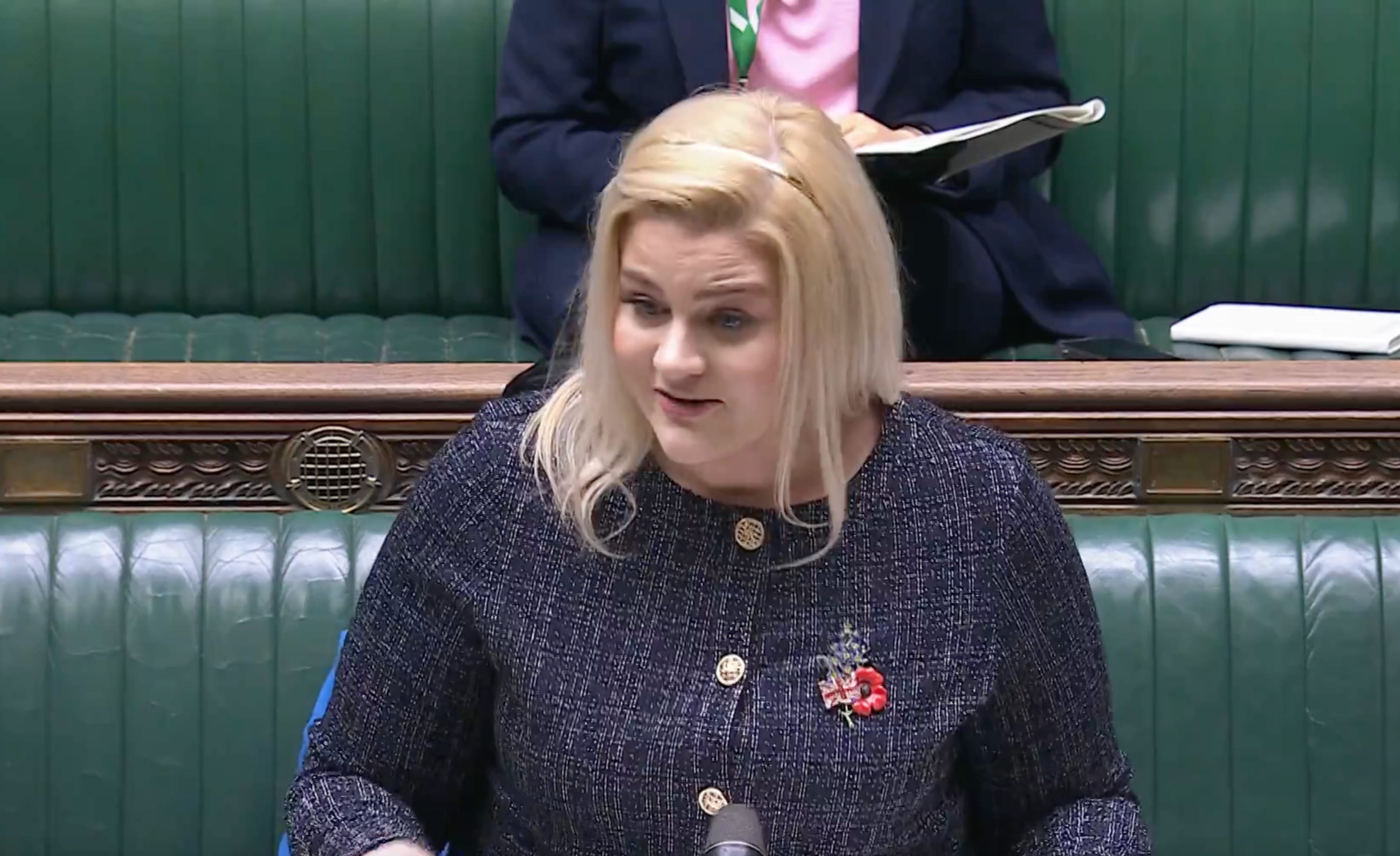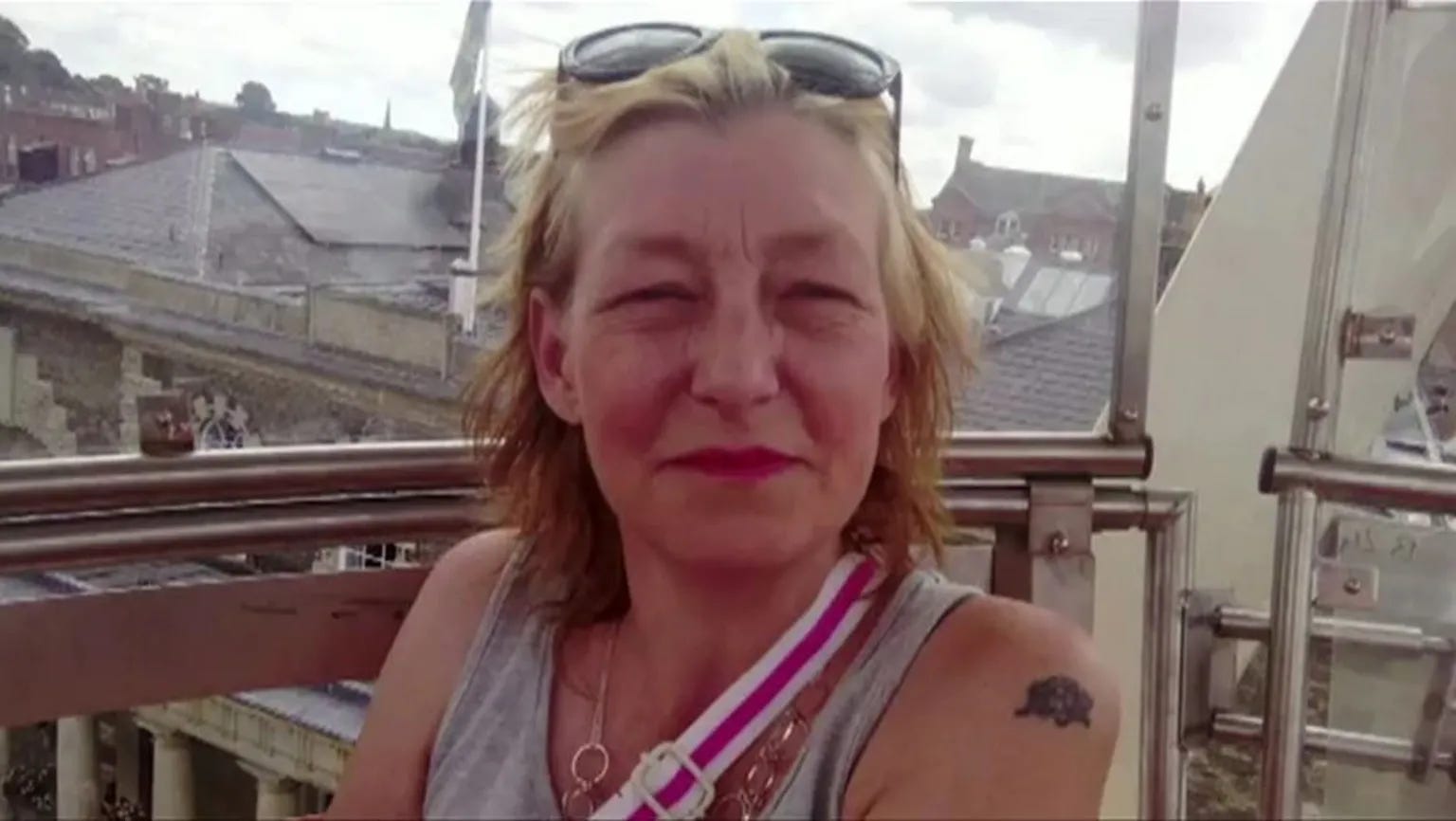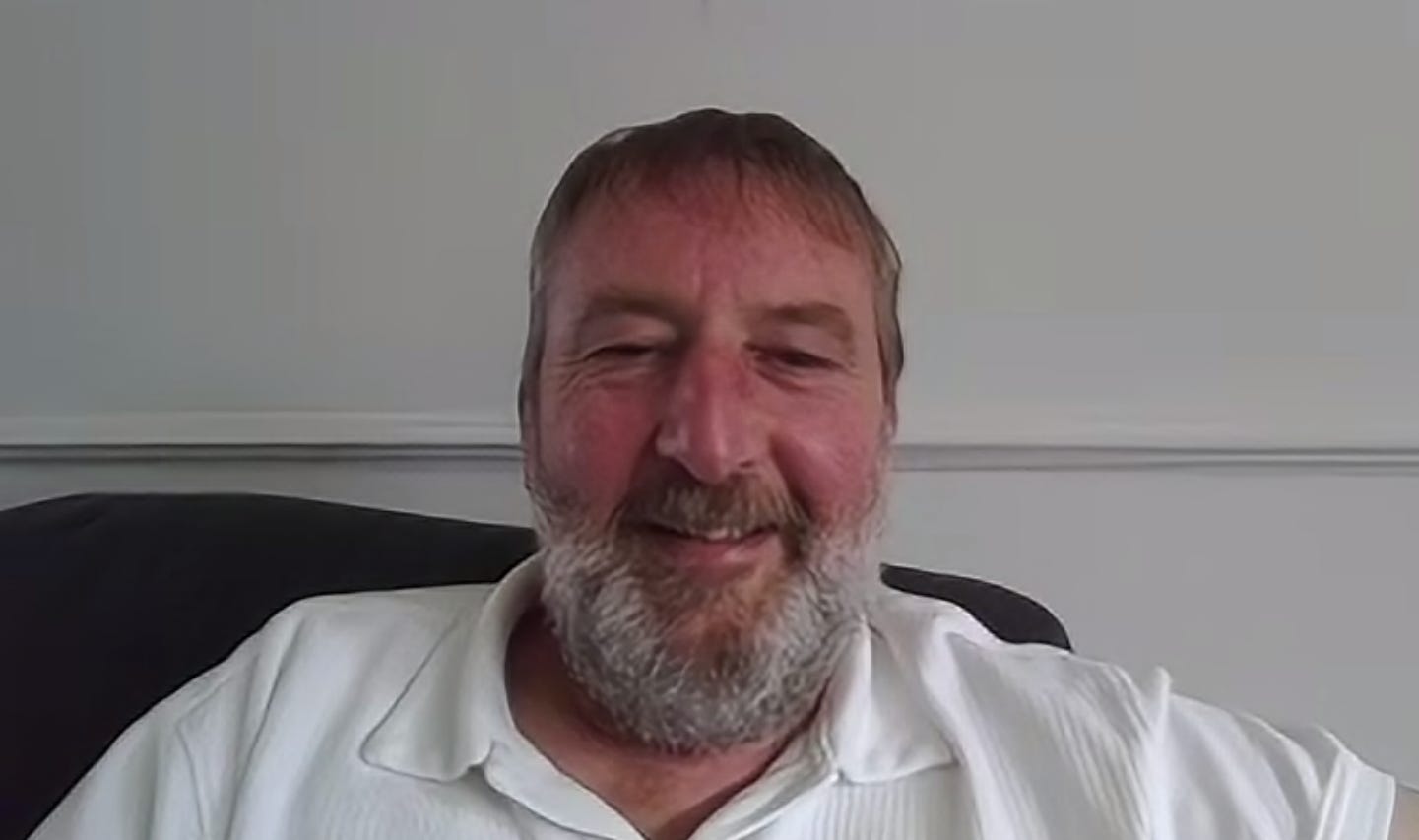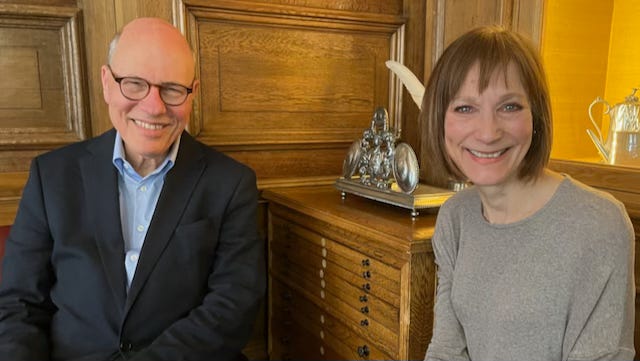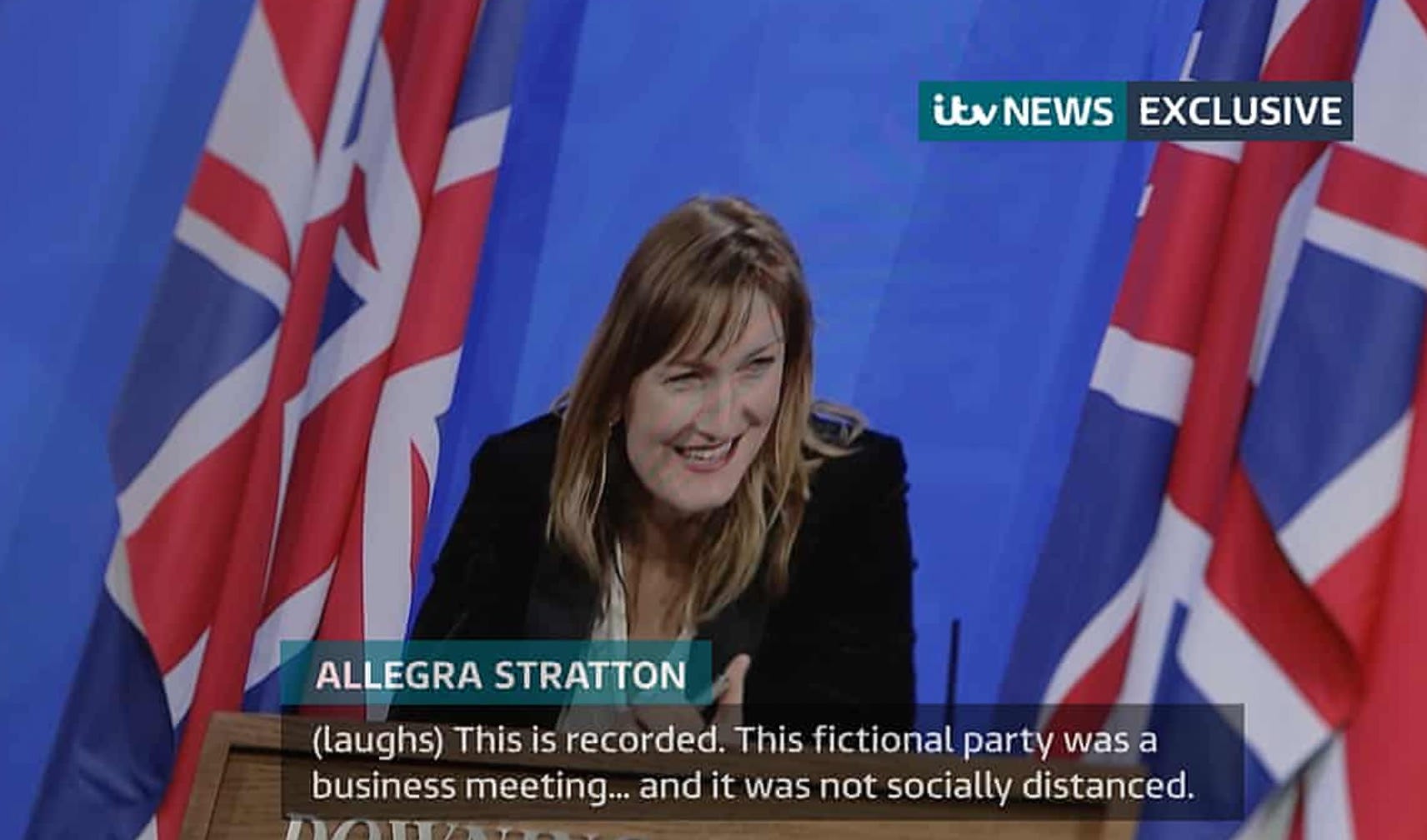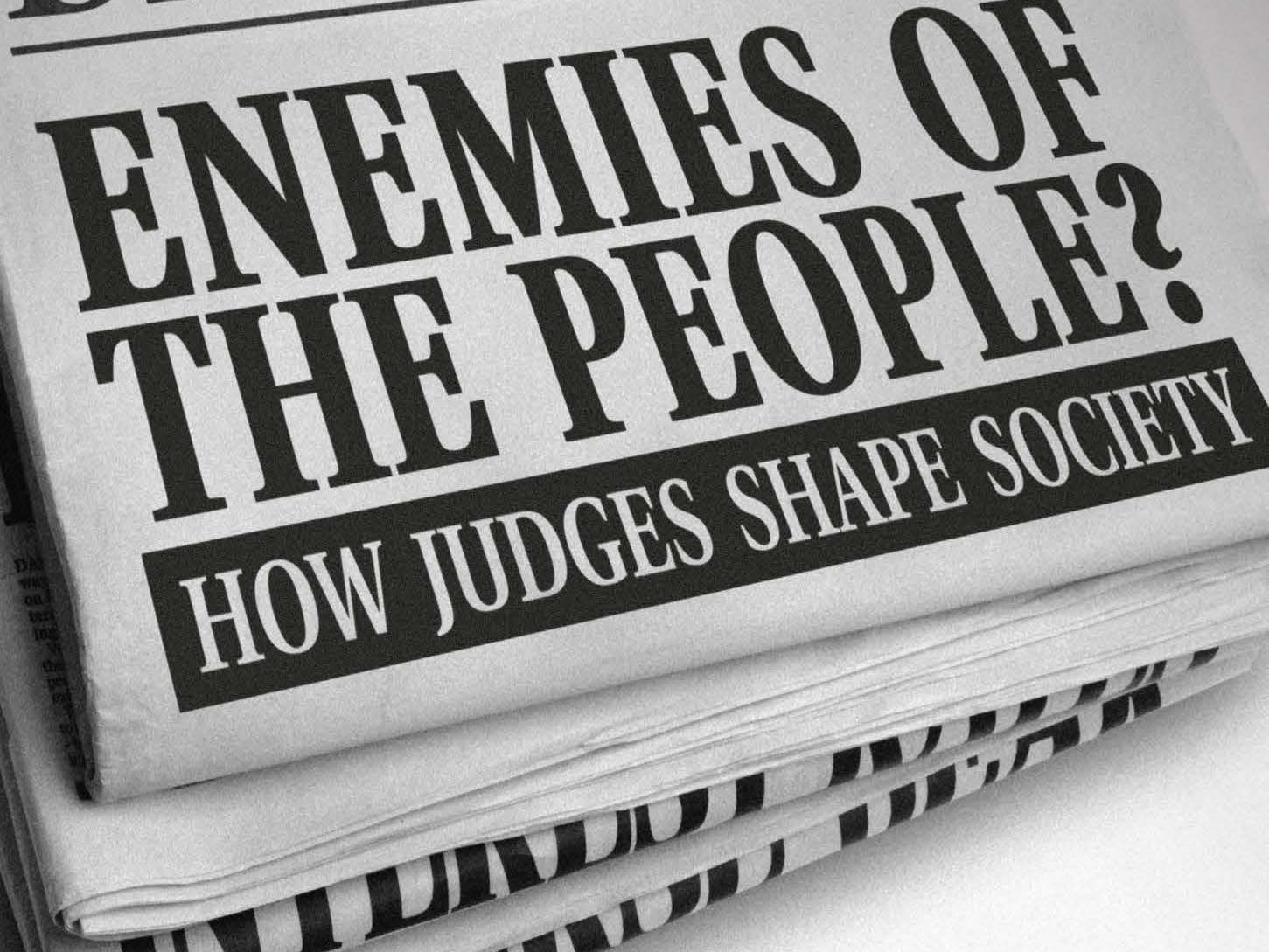Lewis defends judicial independence
Description
The justice secretary Brandon Lewis said this afternoon he would defend judicial independence “to the hilt”. But, discussing reform of human rights, he stressed that parliament was sovereign.
Lewis was speaking at at a meeting arranged by the think tank Policy Exchange at the Conservative party conference in Birmingham.
You can listen to the lord chancellor’s remarks by clicking the button at the top of this page. I have edited a couple of the questions from the floor. The meeting was chaired by Lord Godson in a marquee that was far from soundproof.
Transcript
Here is a transcript, slightly edited for clarity, of what the justice secretary said. If anything seems unclear, please check the audio.
It’s a great pleasure to be here with Policy Exchange. As Dean [Godson] rightly outlined, I’ve had the honour of talking to people in Policy Exchange events over the years and everything from local government through my time at the Home Office, and as chairman of the party actually and, obviously, in Northern Ireland. And now as lord chancellor, it’s good to have an opportunity to talk to you a bit about what we’re looking at, and what the plans are as we move forward.
And yes, we do still wear robes as lord chancellor, as I found out on Thursday. Having started off thinking that maybe things have moved on, I found out at my swearing-in that you still wear robes and my 19-year-old daughter will eventually forgive me for putting on a wig and a pair of tights on Thursday, and then putting it on Instagram — which I will be going back to do again tomorrow because we have the opening of the legal year. So I'll be heading back to London for that before coming back.
Because I actually do think one of the things that we will focus on — and I'll talk a bit more about this later in the conference week — we have in our country something to be very proud of which is a world-leading legal profession. Legal services in this country actually are fundamental to everything we do across a wide range of areas.
And I think sometimes what some of us may think are occasionally antiquated and a bit odd — these ceremonies and services that we do — actually are really quite important, I think not only to remind the rest of all but ourselves about the history of our law and how it has evolved, and how it continues to evolve to reflect what we need in society. And that will continue as we go forward.
And that’s where we are, I think, when we start to look at human rights reform. It was our 2019 manifesto that specifically laid out that we will update the Human Rights Act and administrative law to ensure that there is a proper balance between the rights of individuals, our vital national security and effective government. We need to do that. And we need to be sure that we do that in a way that reflects our wish to reduce the ECHR’s influence in our system, whilst making sure we retain our other manifesto commitment that is hugely important, which is to remain a champion of collective security, the rule of law — which obviously I have a job to protect — as well as human rights, free trade, anti-corruption efforts, and a rules-based international system.
And we took more action on some of this just this week, particularly with regards to anti-corruption efforts with Putin’s regime and those who purport to support it.
There is a range of options for us as we go forward to explore in this area of human rights if we want to govern according to our manifesto pledge and remain absolutely true to what we promised to the people who voted for us in 2019. We do need to make sure that we are addressing, and dealing with, section 2 of the Human Rights Act — the obligation to take into account Strasbourg court jurisprudence — we need to give consideration to a tighter approach that limits creativity whilst encouraging our domestic courts to have the ability to diverge from Strasbourg case law more freely, that UK courts have primacy in and for UK law.
Now more widely, when we are interpreting human rights framework in the courts, we should always seek to prioritise protecting the public from convicted offenders during the term of their custodial sentence. That, to me — the protection of the public, and looking after victims — has to be key and at the heart of everything that we do in the MoJ.
But that also plays into a wider approach, and one that I intend to take as the justice secretary, which is focusing on, first and foremost, the safety and comfort of convicted offenders never ever being put over that of the safety of the public and of protecting victims.
Now, there are many changes to the human rights framework that will need to be considered both by government and wider parliament. And having been a government member of parliament during a period where the relationship between parliament and the courts has been strained from time to time, I know how important it is to make sure that if we want to take forward reform in this area, we get it right, so we deliver the outcome we actually want to achieve. It is important that we ensure that the courts recognise the supremacy in a democratic system of the decisions made by parliament.
That does not conflict with the principle of the independence the judiciary, which as lord chancellor I will defend to the absolute hilt. But we do need to be clear that parliament is sovereign. And if parliament has expressed a view through legislation, then the courts should always respect that view when implementing the law that has been passed. Now this is a complex area — to get that balance right — and it’s one that will require a lot of work in order to make sure that our proposals are [?] and it is a principle that we can all support.
The need to reduce the courts backlog is also something that has challenged a few justice secretaries before me as well. But due to the recent strike action, as well as coming out of the Covid pandemic, we’ve seen that backlog go back up and become more challenging. I want to make sure that, during my period of time as justice secretary, all possible avenues are being explored and considered, I want to be working with the judiciary — who are equally keen to see this backlog dealt with — to look at what more we can do to get that backlog back down, and ensure that we’re looking at every opportunity to do that.
I intend to put my department to work in exploring what can be done to also ensure that we curb the use of SLAPPs. These are strategic lawsuits against public participation. They are too often used by wealthy individuals to intimidate and silence the critics. And it’s not right that money can buy legal impunity in our system. We need to ensure that we have a system here, a system of human rights that doesn’t create or give cover for cancel culture. We need to do everything we can to protect freedom of speech, even when it can be really, really annoying.
We can’t allow people to claim their human rights are being infringed because they disagree with us. Democracy is about debate. Democracy happens because of debate. Debate means having that opportunity to say what you believe, to make a case for it to argue for it. We all have a duty to be aware that what we say matters. So be aware that when we speak, we are talking to people and that will have an impact. We need to be free to have that debate and that conversation.
We’re not talking about, in this context, protecting terrorists from inciting hatred —which must always be something we have the legal ability to deal with. But we do need to make sure that people in everyday life and in public life can have their debates freely, and have those debates openly and properly. And if that means occasionally the odd one of us as a politician gets a bit offended and needs to fight our own corner, that's what democracy is about. And that’s worth defending. As we look at the human rights and freedom to do that, as we move forward.
Questions
My name is Grace DaCosta. I'm from Quakers in Britain. And I was wondering what was happening with the Bill of Rights Bill, whether that will be brought back or whether there'll be other legislation to replace it.
We are looking at a range of things from what would have been in the Bill of Rights Bill, which we’re not bringing forward at the moment. What we are looking at is, what is the right piece of legislation to bring forward some of the measures that we wanted to deal with, for example, I’ve just been talking, at the end of my few words there, freedom of speech, strategic lawsuits against public participation, things like that, and how we do that. What’s the best, speediest way of dealing with that? I know a lot of people and we as a government are determined to make sure we are dealing with the issues that can help us deal with the issues around illegal immigration. I’m working closely with the Home Secretary to ensure that we can put together legislation that deals with that. So those key tenets we wanted to deal with we will deal with, but we’ll probably do it in different pieces of legislation.
Chris McCain from the Press Association. I just wanted to ask about — you mentioned the strike action. Obviously one of the major complaints in the Criminal Bar Association is about legal aid and money. In the context where we have a Treasury looking to cut funding, will you be pushing to protect and indeed increase funding for legal aid?
Obviously one of the one of the key — or probably the number one acute issues on my desk on coming into office has been dealing with the bar strike. They will be going to ballot next week. I am hopeful that they will look at the — I’m confident they will look at the proposals carefully. I’m hopeful that they will look at them positively and vote and that we will see an end to

